What you need to know about your loved one's meds

Do you know how many medications are in that cabinet?
You may know that your mom takes something for high blood pressure and glaucoma. But do you know exactly what's in those bottles or even how many different ones there are?
Few people make it to their senior years without some chronic health problems. That means many end up taking at least a handful of different drugs on a regular basis.
While taking many medications isn't always a bad thing—it may be what's enabling your parent to live into their 80s or 90s—it pays to be cautious. As the number of drugs someone takes increases, so does the chance of side effects, dangerous drug interactions and serious adverse events. Research shows that adverse drug events are responsible for one out of every 30 urgent hospitalizations in patients 65 and up.
3 experts to turn to for advice
In a perfect world, you'd have access to a geriatric pharmacist who has special training in how drugs impact older adults. If you can't find one in your area, a geriatric nurse practitioner (NP) or geriatrician (MD) is also a good resource for making sense of a confusing drug regimen, says Joseph Gaugler, PhD, a professor and aging expert at the University of Minnesota School of Public Health.
"These experts can also advise you about drug safety as well the best time of day to take specific medications and even provide tips for how you or your loved one can keep track of everything so there aren't any missed doses," adds Jean Kutner, MD, an internist, geriatrician, and chief medical officer at the University of Colorado Hospital. "In very complicated cases I've done things like set up a white board or paper chart and have patients check off each medication as they take it."
- Day by Day
Community
Did you know that there are local agencies in every community to help you find the services you need?
Use the search feature, then input your zip code to find local help.
Two popular areas of need for caregivers:

